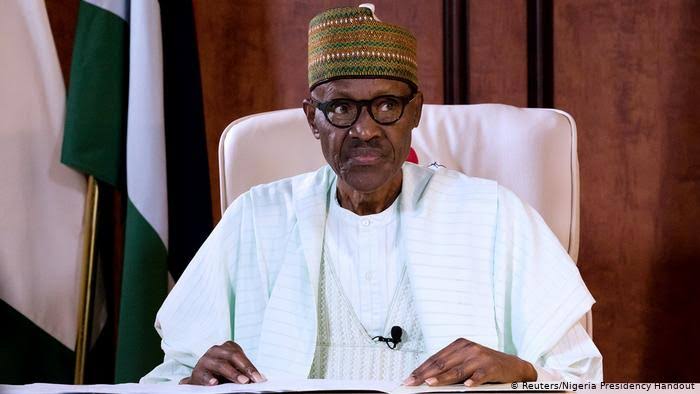We Remain Resolute In Reporting Conflict – Media Bodies Tell Nigerian Govt
Media bodies have expressed growing alarm over the government's attempts to muzzle the press.

Media bodies in Nigeria have vowed to continue to report terrorist and criminal activities undermining the country’s security amidst threat of government interference.
Leaderships of Nigerian Guild of Editors and Nigerian Union of Journalists (NUJ) in their reactions to the recent directive by the country’s National Broadcasting Commission (NBC), a regulatory agency, that the media should tone down their reportage of insecurity in the country, said the government can not tell them how to report.
Nigeria is battling a 12-year-old Boko Haram insurgency that has left a devastating humanitarian crisis in the Northeast with thousands of people killed and more than two million displaced.
Rising criminalities in the Northwest and North-central are adding to the humanitarian toll.
But the NBC, in a letter, cautioned broadcasting stations to desist from giving detailed reports of armed conflicts as it “may have an adverse implication on the efforts of our security officials.”
The broadcast regulator also warned broadcasters against “glamourising” the “nefarious activities of insurgents” during their daily newspaper reviews.
The directive sparked consternation among media bodies describing such a letter as part of the government’s veiled attempts to muzzle the press.
In an interview, Mustapha Isah, the President of the Nigerian Guild of Editors, told The Punch that the government’s directive undermines media independence and freedom.
“The government cannot tell us how to report. This is why we are clearly against the Nigeria Press Council Act,” Isah said.
“The media does not create events; we report events. If there is a terrorist attack, we will report it. In fact, if we don’t report it, that means we are not doing our job. We will not stop doing that, we will not stop reporting events despite the threats.”
Also, Chris Isiguzo, the National President of the Nigeria Union of Journalists (NUJ) said the union would ensure that the media space would not be compressed under any guise.
“This latest directive must be reviewed by the commission. The NBC must also ensure that its actions are in line with international best practices and must conform with time-tested models from other nations,” Isiguzo was quoted by The Punch as saying.
There has been a growing criticism of the government’s recent moves to regulate the media in a flurry of new draft press laws being contested by civic bodies.
On June 17, the House of Representatives proposed an amendment to the Nigerian Press Council (NPC) Act that introduces a national press code which will guide the conduct of media practitioners with the approval of the information minister.
If the bills sail through, the information minister will become more powerful and the regulatory bodies will be able to levy heavier penalties on the media.
Amnesty International said the bills “are aimed at restricting freedom of expression and media freedom.”
In June, the government blocked access to Twitter in the country after Nigerian President Muhammad Buhari’s tweet, deemed divisive and genocidal, was deleted for violating Twitter’s policy.
Support Our Journalism
There are millions of ordinary people affected by conflict in Africa whose stories are missing in the mainstream media. HumAngle is determined to tell those challenging and under-reported stories, hoping that the people impacted by these conflicts will find the safety and security they deserve.
To ensure that we continue to provide public service coverage, we have a small favour to ask you. We want you to be part of our journalistic endeavour by contributing a token to us.
Your donation will further promote a robust, free, and independent media.
Donate HereStay Closer To The Stories That Matter




